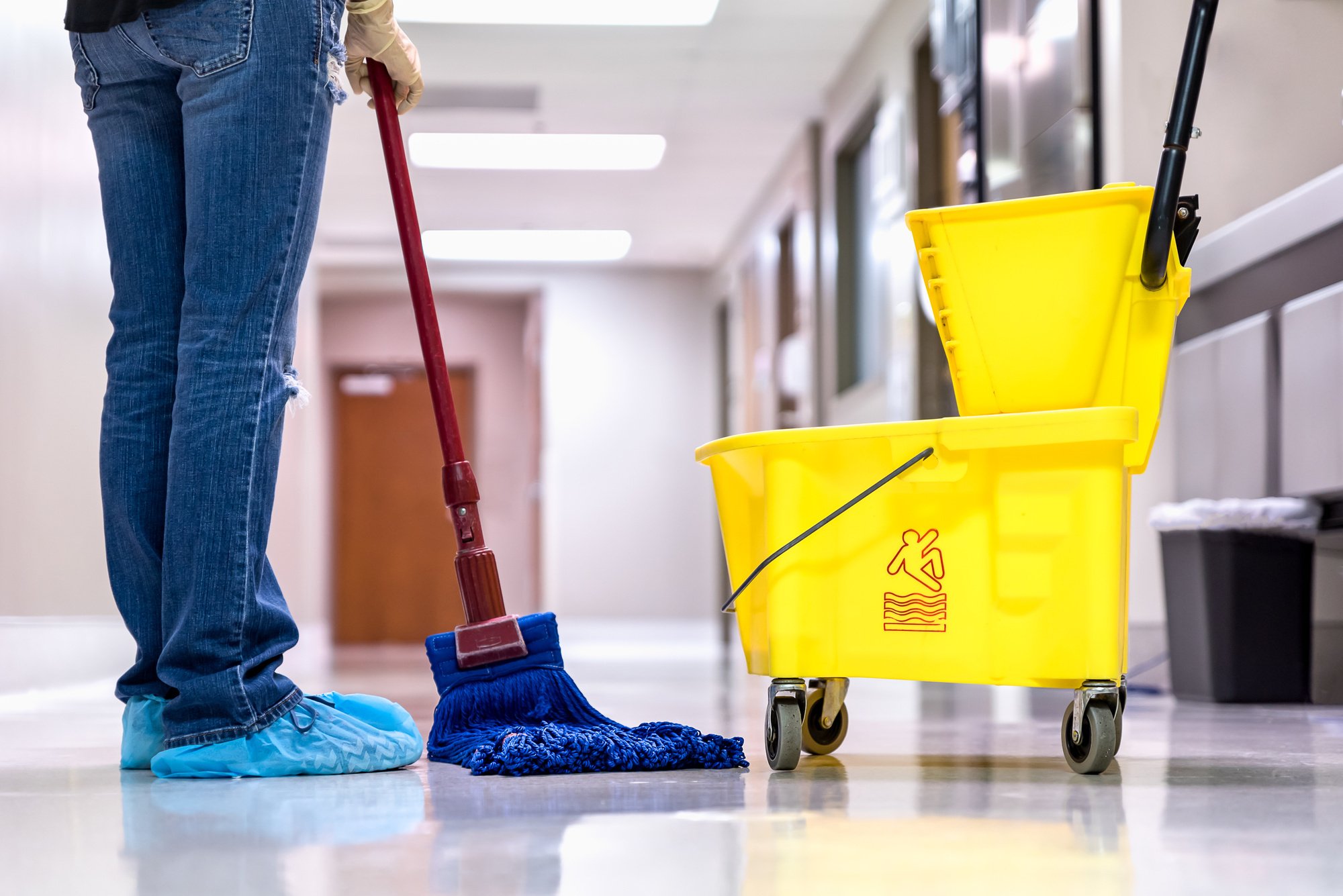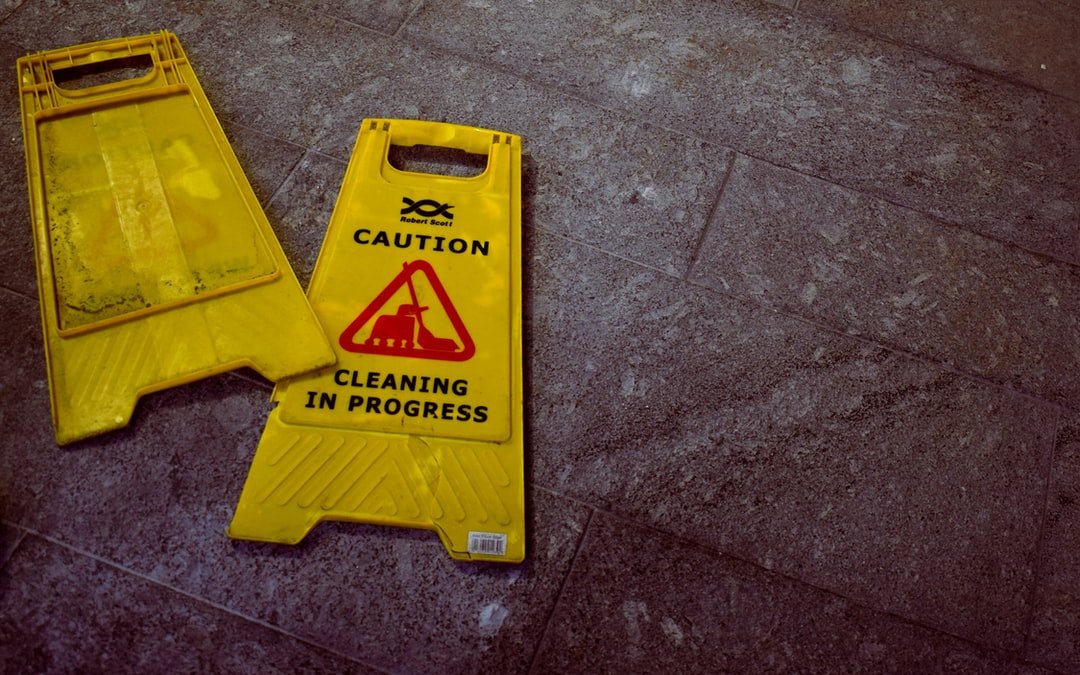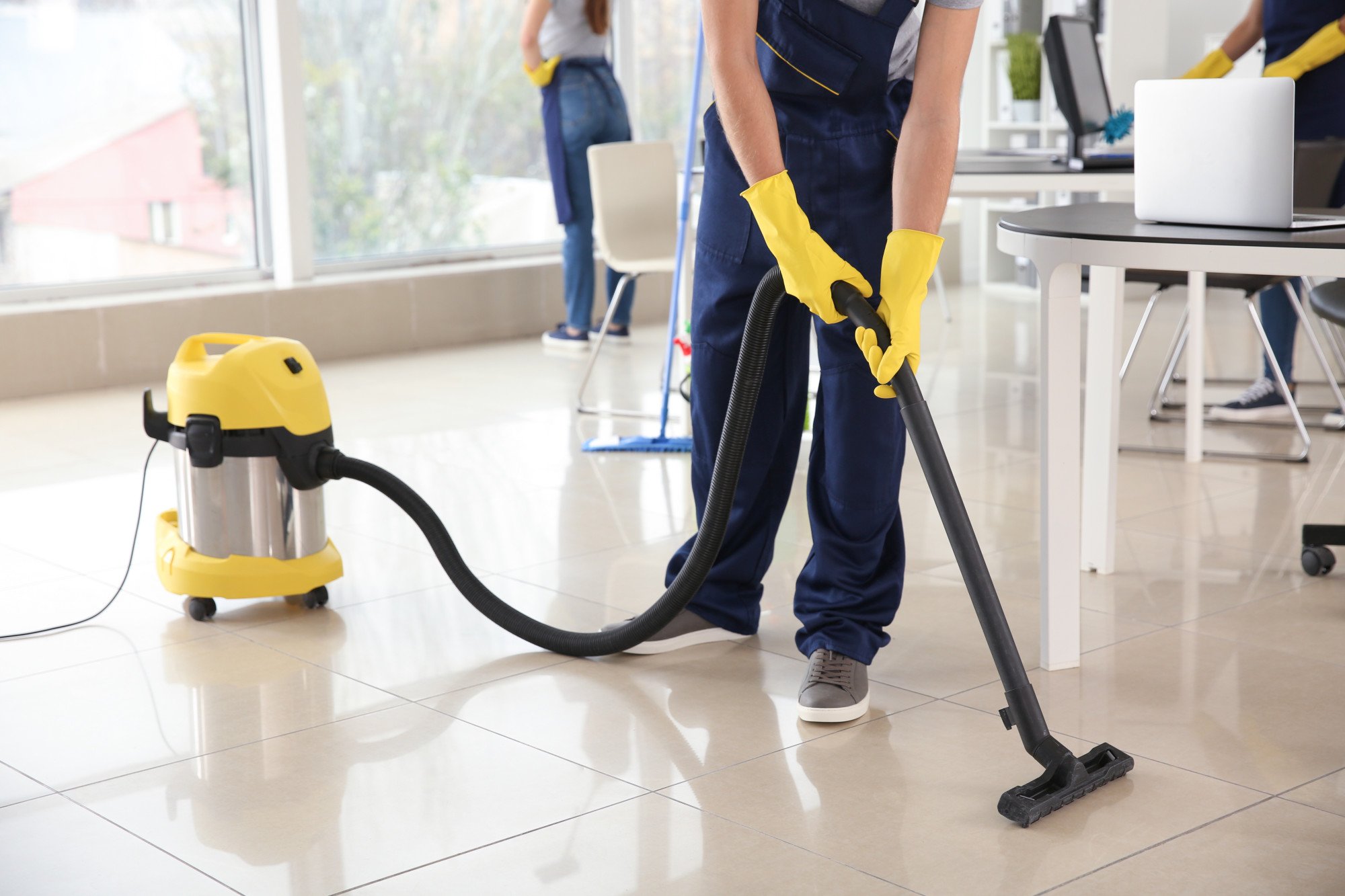
Cleaning is the procedure of removing undesirable materials, including dirt, spores, harmful bacteria, and other contaminants, from an environment or object. Generally, cleaning occurs in a variety of different contexts. Many different occupations are dedicated to cleaning professionally. For example, janitorial cleaning services typically clean public areas and offices, and health care cleaning services takes care of medical facilities.
Every time that you pay for cleaning services, you are essentially paying someone to do your work for you. There are some standard inclusions in most contracts with professional cleaners. These include: a list of the items that the cleaners will be cleaning; a list of the times when specific work will be performed; a list of the materials that the cleaners will use; and a list of the cleanup and sanitary inspection procedures that will be used. A standard inclusion in most contracts is language stating that if conditions warrant special treatment, the cleaners will be liable for those treatments. This standard inclusions ensures that clients know and understand what they will be paying for.
As with anything else, there are also various levels of cleaning. In addition to regular cleaning, there are also emergency cleaning services that a professional cleaner may offer. Emergency cleaning involves cleanup efforts following an event such as a fire, a flood, or a major appliance failure. Emergency services are common in professional cleaner contracts, especially since many people underestimate the damage that unexpected events can do to homes and businesses.
While every professional cleaning services contract typically includes a standard list of items that will be cleaned, the list varies widely from one agreement to another. Most contracts still require cleaners to use specific cleaning supplies, though. Different contracts may specify that certain supplies must be provided by a specific provider. Depending on the type of business a cleaner has, they may have the ability to choose their own supplies. In addition to the list of cleaning supplies, some contracts may also allow for a cleaner to choose their own schedule, which can often differ greatly from company to company. You click here for more detailed information about getting the best cleaning service.
Some cleaning agreements specify what areas of the home or business will need to be cleaned. Contractors are usually not allowed to go into homes or offices to clean windows and counters unless they first receive written permission from the homeowner or building manager. Other agreements may specify that different areas will need to be cleaned at different times. Contractors are also not allowed to clean floors unless they first remove any debris and clean the floor beneath it. Continue reading this page for more info about the most experienced cleaning services providers.
Many homeowners prefer to have a general cleaning policy rather than specific schedules or areas that need to be cleaned.
Homeowners should always ask whether a contract includes a specific time frame for cleaning, what kinds of cleaning products will be used, or how much dusting will be required. Some contracts do not specify amounts of dusting or cleaning products to be used, but other companies may require employees to wear a mask while dusting furniture and non-furniture in the home. Some companies use only canned cleaning products while others use all natural cleaning products. Companies may also use certain cleaning products on surfaces to remove stubborn dirt and dust without using a vacuum. It is important to choose a janitorial services provider who uses the best possible cleaning products, wears protective gear, cleans with eco-friendly products, cleans furniture and disinfects and wipes downholstered areas. If you want to know more about this topic, then click here: https://en.wikipedia.org/wiki/Cleaner.


